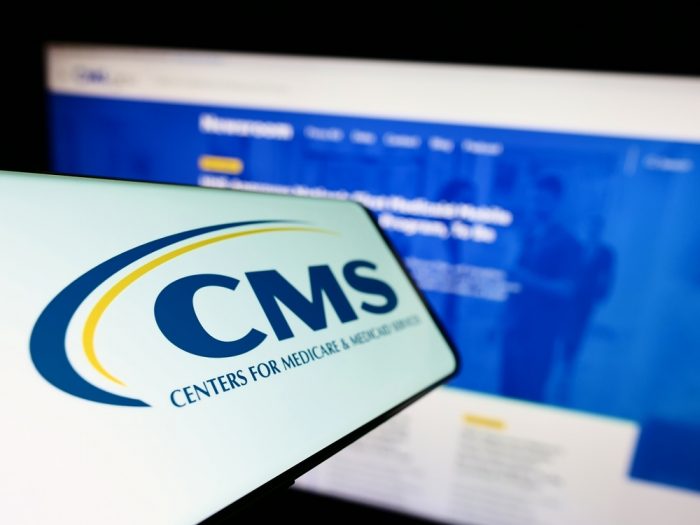The Office of Mental Health and Substance Abuse Services (OMHSAS), in partnership with the Technical Assistance Collaborative (TAC), is offering upcoming trainings focused on strengthening housing partnerships and improving coordinated responses for unsheltered individuals with behavioral health needs.
Partnership with Public Housing Authorities (PHA): Best Practice Strategies for Stronger Collaboration
Date/Time: Thursday, January 22, 2026, 10:00 am – 11:30 am
Registration Here
This 90-minute interactive training is designed for housing and service system leaders seeking to strengthen and sustain effective partnerships with Public Housing Authorities (PHA). This session will highlight strategies to improve communication and alignment between PHAs and county systems, approaches for sustaining partnerships during times of system change, and an overview of standard PHA regulations and available flexibilities. The training will include facilitated breakout discussions for participants to share real-world strategies, lessons learned, and best practices with colleagues across communities.
- Trainers: Jim Yates (MPA), Liz Stewart, and Jordan Gulley (LICSW), Technical Assistance Collaborative (TAC)
- Open to: County Housing Coordinators
Building Coordinated Responses for Unsheltered Individuals With Behavioral Health Needs
TAC will conduct two 90-minute trainings exploring best practices for coordinated, compassionate, and effective responses to support individuals experiencing unsheltered homelessness with significant behavioral health needs.
Session 1: Trauma-Informed Outreach, Collaboration, and Engagement Strategies
Date/Time: Monday, January 26, 2026, 9:30 am – 11:00 am
Registration Here
The first session will highlight practical models and partnerships that enhance trauma-informed outreach, crisis diversion, and person-centered engagement. It will include approaches that reduce law enforcement interactions and improve cross-system coordination to ensure wraparound supports and an array of housing options for individuals with serious mental illness (SMI) and co-occurring conditions.
- Trainers: Ashley Mann-McLellan (MPH) and Jordan Gulley (LICSW), Technical Assistance Collaborative (TAC)
- Open to: County staff overseeing direct care outreach and homelessness response providers; county supported housing and homelessness providers; PATH staff; outreach staff; county housing coordinators
- To be announced: Regionally based Communities of Practice (CoP) will be announced following this training, focused on best-practice outreach/engagement strategies and cross-sector partnerships for staff providing direct care or supervising programs supporting unsheltered individuals.
Session 2: System Approaches to Unsheltered Homelessness and Encampment Responses
Date/Time: Thursday, February 26, 2026, 1:00 pm – 2:30 pm
Registration Here
The second session will provide a foundational understanding of encampment dynamics and encampment resolution, including an overview of decommissioning practices. Emphasis will be placed on humane and coordinated approaches that prioritize connection to services and pathways to stable housing. The webinar will highlight the critical role of cross-sector partnerships (Continuum of Care (CoC), PATH, behavioral health, outreach teams, law enforcement, local government entities, advocates) and will explore targeted housing navigation strategies that support long-term stability beyond clearance efforts.
- Trainers: Ashley Mann-McLellan (MPH) and Jordan Gulley (LICSW), Technical Assistance Collaborative (TAC)
- Open to: County and municipal leaders, including County Mental Health Administrators; County Human Services Directors; County Housing and Homelessness Service Administrators; Coordinated Entry Leads and Continuum of Care (CoC) leadership; PATH program staff; outreach providers and behavioral health directors; outreach supervisors; housing program managers; Office of Mental Health and Substance Abuse Services-designated program leadership
- To be announced: A statewide Community of Practice (CoP) will be scheduled following this training, focused on collaborative learning for county and municipal leaders implementing systemic responses to unsheltered homelessness for individuals with SMI. Dates will be announced soon.
Questions and Comments can be directed to the OMHSAS housing inbox.


















